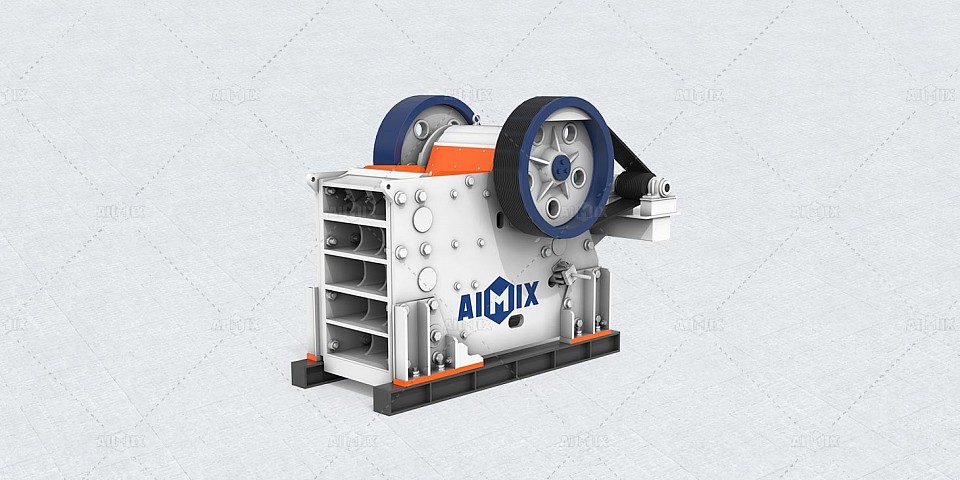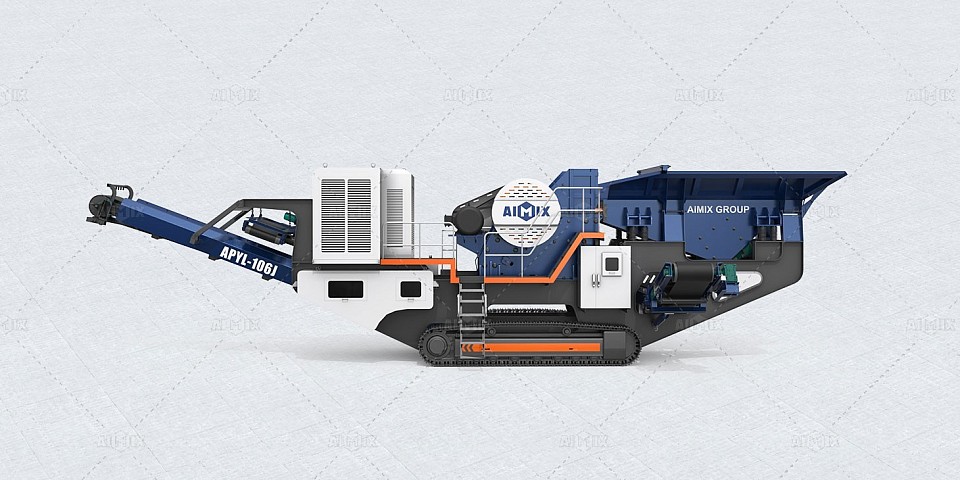Jaw Crushers Uncovered: Which Type is Best for Your Project?
Jaw crushers are pivotal in the realm of construction and mining, serving as essential tools for reducing large rocks into manag
Understanding Jaw Crushers
A jaw crusher is a mechanical device that utilizes compressive force to break down materials. The mechanism consists of two jaws, one stationary and the other movable, which create a V-shaped cavity. As the movable jaw approaches the stationary jaw, the material is crushed and discharged through the opening at the bottom. This fundamental understanding provides the groundwork for evaluating different types of jaw crusher available in the market.
What is a Jaw Crusher?
At its core, a jaw crusher is engineered for high efficiency and durability. It employs a simple yet effective principle of crushing, making it suitable for various materials, including granite, limestone, and concrete. The design ensures minimal downtime and facilitates easy maintenance, which is crucial for projects requiring continuous operation. By grasping the mechanics behind jaw crushers, operators can better appreciate their functionality and the parameters that affect performance.
Types of Jaw Crushers
Jaw crushers can be broadly categorized into two main types: single-toggle and double-toggle. Single-toggle jaw crushers are characterized by a simpler design, which allows for easier maintenance and reduced wear on components. They are particularly effective for softer materials and are favored for smaller operations.
On the other hand, double-toggle jaw crushers offer enhanced power and are designed for handling tougher materials. The complex motion of the double toggle mechanism provides a deeper crushing chamber, allowing for more substantial material reduction. Each type has its unique advantages and is suited for different applications, making the choice contingent on specific project requirements.
Factors Influencing Your Choice
When selecting a jaw crusher, several factors come into play. The nature of the material you intend to crush and the overall scope of your project are paramount considerations.
Material Characteristics
Understanding the properties of the material to be processed is critical. Hardness, size, and moisture content can significantly influence the performance of a jaw crusher. For instance, materials with higher hardness levels may necessitate a more robust jaw crusher capable of sustaining greater impact and wear. Conversely, softer materials might be efficiently handled with a less complex model. Analyzing these characteristics allows for a more informed selection, ensuring the chosen jaw crusher aligns with the demands of the material.
Project Scale and Scope
The scale of your project is another determining factor. Large-scale operations may require heavy-duty jaw crushers that can accommodate high throughput, while smaller projects might benefit from compact models designed for efficiency in limited spaces. Additionally, the duration of the project plays a role; temporary projects may warrant renting equipment instead of purchasing, allowing for flexibility and cost savings. Understanding the full scope of your project will guide you in making the most strategic choice.
Maximizing Efficiency with the Right Selection
Choosing the right jaw crusher is not merely about selecting a model; it involves considering long-term efficiency and operational effectiveness.
Maintenance Considerations
Maintenance is a crucial aspect that can influence the longevity and performance of a jaw crusher mobile. Some models require more frequent servicing and replacement of parts, while others are designed for durability and minimal upkeep. Understanding the maintenance requirements of your chosen model can prevent unexpected downtimes and costly repairs, ensuring that your project stays on track.
Cost-Effectiveness and Performance
Finally, the balance between cost-effectiveness and performance cannot be overlooked. While it may be tempting to opt for the least expensive option, it’s essential to evaluate the long-term implications of your investment. A higher initial cost may translate to better performance and lower maintenance expenses over time. Therefore, a thorough analysis of both the upfront costs and the projected operational expenses is vital for making an informed decision.
In conclusion, selecting the right jaw crusher involves a confluence of understanding the types available, evaluating material characteristics, and considering the specific needs of your project. By addressing these factors, you can ensure that your choice not only meets immediate demands but also contributes to the overall efficiency and success of your operations.


